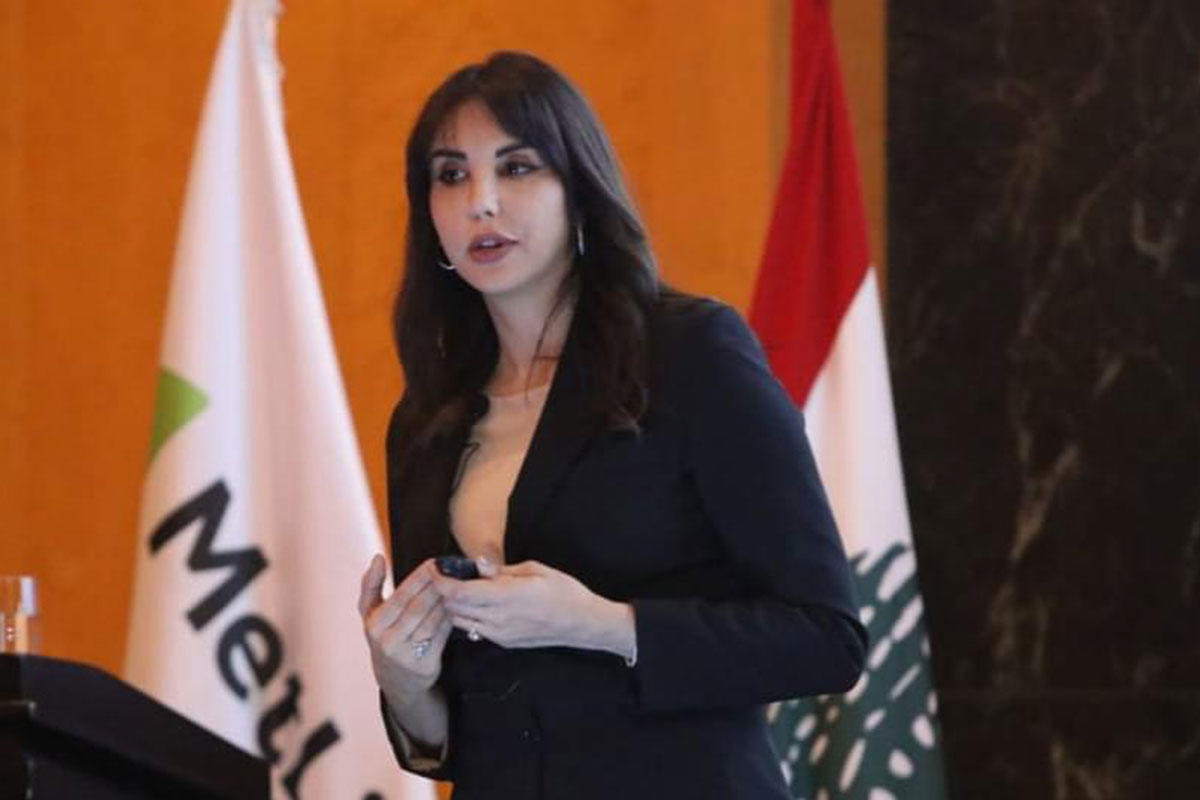The True Public Response to the COVID-19 Pandemic in Lebanon
LAU joins an international project that aims to understand people’s attitudes and opinions in the wake of the COVID-19 pandemic.
In spite of the alarming spike in COVID-19 cases in Lebanon, constant warnings, and the added pressure it is placing on hospitals, few people are abiding by precautions and the partial lockdown. This is perhaps not surprising given the number of concerns that tend to overshadow their fear of the pandemic. By shedding light on the behavior and responses of the Lebanese to the pandemic, a recent study could help toward eliciting the desired response.
Committed to supporting innovative research endeavors, LAU was recently the only institution from Lebanon to take part in the international COVID-19 Fever Project organized by the global provider of neuroscience technology and research NEUROHM.
By measuring the public’s responses and general attitude to the pandemic, the study and its findings can help define the right message that would in turn mitigate the spread of the virus and thereby ease the burden on the health system.
“The purpose of the research is to measure the non-conscious information processing which drives at least 85 percent of our decisions and actions, tapping into the real emotions, threats, worries, decisions and behaviors of people in regard to the pandemic,” said Assistant Professor of neuromarketing and business communication at the Adnan Kassar School of Business (AKSOB) Dunia Harajli.
To understand people’s attitudes and enable effective communication around the world, the project uses iCode, a smart online-survey merging neuroscience, psychology and artificial intelligence, to estimate how hesitant people are when it comes to expressing their opinions.
Using Reaction Time Testing (RTT), the smart test measures how people respond to questions and records the speed and rhythm with which they touch the screen. General results demonstrate that they show more confidence and are more likely to deliver on their promise when the issue is particularly relevant to them.
In total, the project covered 20 participating countries, with Lebanon testing a nationally representative sample of 988 respondents.
The project also addresses areas of weakness in people’s attitudes with respect to other concerns they may have. “Such knowledge should be particularly important for the health authorities and government entities who can use them to send more effective messages to the general public,” noted Dr. Harajli.
The findings show that, in Lebanon, the population is aware and has sufficient knowledge of the risks of COVID-19. However, the economic turmoil and financial crisis have clearly influenced the Lebanese’s responses to the crisis, who scored the least when asked if they were worried about their health.
“They are more afraid of social unrest and riots,” said Dr. Harajli, “with only 20 percent certain that Lebanon is prepared to fight the COVID-19 pandemic.”
A second result shows that out of the 43 percent who fear losing their jobs, 23 percent are still confident. “The Lebanese are generally calmer than other populations and not as terrified given their high resilience to crises,” she emphasized.
Although 83 percent of the Lebanese population declared an interest in staying informed about the progress of the fight against COVID-19, only 34 percent showed real interest, which “demonstrates a wishful thinking answer where Lebanese people are in fact losing interest in following the progressive fight against the pandemic,” Dr. Harajli said.
Another 83 percent of the Lebanese believe that their local media exaggerates, with only 14 percent believing the media to be a reliable source of information. “Broadly speaking, this further highlights a distrust of politics and political agendas which heavily influence media, some more than others,” she added.
The Lebanese recorded the highest scores when asked if COVID-19 is manmade (23 percent), proving that some believe in conspiracy theories, while also trusting that the virus increases family tensions (56 percent), which may be due to the already challenging economic and monetary crisis.
All this does not explain, however, why of the 82 percent of participants who declared they would help someone if infected, only 28 percent were certain of their decision. “In general, the empathy declared is a sign of good intentions, but which are acted upon by a minority,” she added.
Overall, the Lebanese scored the highest in the world so far in their belief that they will beat the virus rapidly, with 24 percent trusting it will bring out the best in people.
On the flipside, 46 to 50 percent are most likely to disregard or abandon quarantine requirements, “a big but not surprising number given the chaos surrounding Lebanon on many levels,” Dr Harajli concluded.
